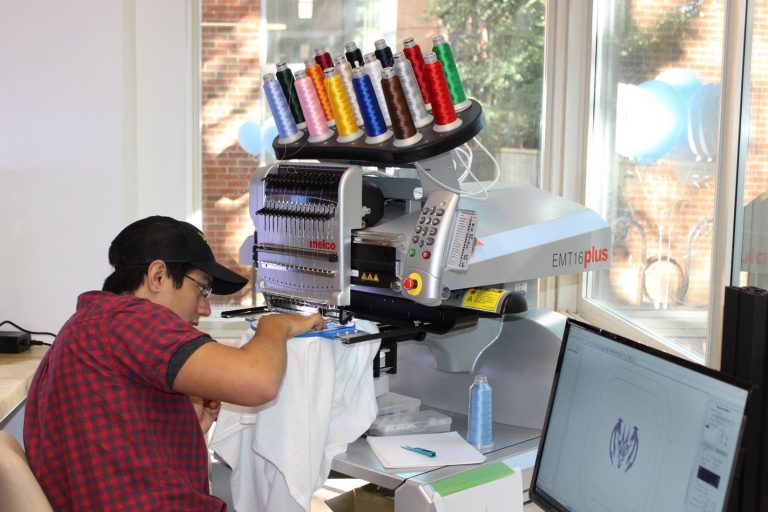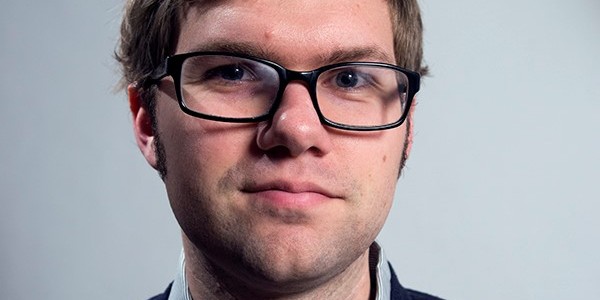
Kia Caldwell’s research focus on gender and race in Brazil was sparked during her sophomore year at Princeton University when she heard a presentation by black Brazilian activist Joselina da Silva.
“I was a Latin American literature major, but there was this aspect of Latin America I was not learning a lot about,” said Caldwell, a UNC associate professor of African, African American and diaspora studies and an adjunct associate professor of anthropology. “Brazil has the second-largest population of African descent in the world. … I realized I wanted to study Afro-Brazilian women’s lives once I got to graduate school.”
Her first book, Negras in Brazil: Re-envisioning Black Women, Citizenship and the Politics of Identity, was published by Rutgers University Press in 2007. She is currently completing another book, Gender, Race and Health Equity in Brazil: Intersectional Perspectives on Policy and Practice.
Caldwell was appointed by Dean Karen Gil to become the next director of faculty diversity initiatives in the College of Arts and Sciences, succeeding Pat Parker, who became chair of the department of communication on July 1.
Caldwell’s teaching and research interests also focus on black feminism, HIV/AIDS, health policy and human rights.
She has conducted HIV prevention research focused on young black adults in North Carolina and is the principal investigator on a project funded by the UNC Center for AIDS Research, the Sister Circle Study.
“Sister Circle focuses on HIV prevention research for middle-class black women,” she said. “Up until now, there have not been many research studies that focus on the issue of class, examining middle class black women’s potential vulnerability to HIV as well as their perceptions of risk. … These are women who are primarily college-educated and who might be viewed as almost being ‘immune’ to HIV.”
Caldwell is also passionately committed to furthering diversity efforts in higher education, both inside and outside the classroom. She is co-director of the African Diaspora Fellows Program, which provides professional development opportunities in African, African-American and Afro-Latin studies to North Carolina middle- and high school teachers. The two-day pilot workshop for teachers was held in June 2015, and she hopes to expand it to a five-day summer institute next year.
“This grew out of my teaching the course ‘Blacks in Latin America’ and also our intro course and observing that most students don’t realize there was slavery outside the United States,” she said. “After 15 years, it started to feel like, ‘Why are things not changing?’ I decided we needed to do more outreach before students get to college, and that I have to be a part of the solution.”
Caldwell has organized events at UNC focused on gender in African-American communities, including the Black Women in the Academy Symposium, held at the Friday Center in 2009. She was a 2013 fellow of the Institute for Arts and Humanities’ Academic Leadership Program and also participated in the BRIDGES Academic Leadership Program for Women in 2014.
She is excited about becoming the next director of faculty diversity initiatives and the opportunity to build on the work that has been done by Gil, Parker and others.
“I hope we can not only continue to improve the numbers, but the climate for faculty as well,” she said. “I think mentoring is really important, and providing that to underrepresented faculty. … Having gone through some leadership programs myself, I’m interested in how underrepresented faculty are encouraged to take on leadership roles, but also what are some of the challenges there?”
Caldwell earned a master’s in Latin American studies and a Ph.D. in social anthropology (with a specialization in African diaspora studies) from the University of Texas at Austin.
Read more about diversity liaisons in the College.
By Kim Weaver Spurr, College of Arts and Sciences




